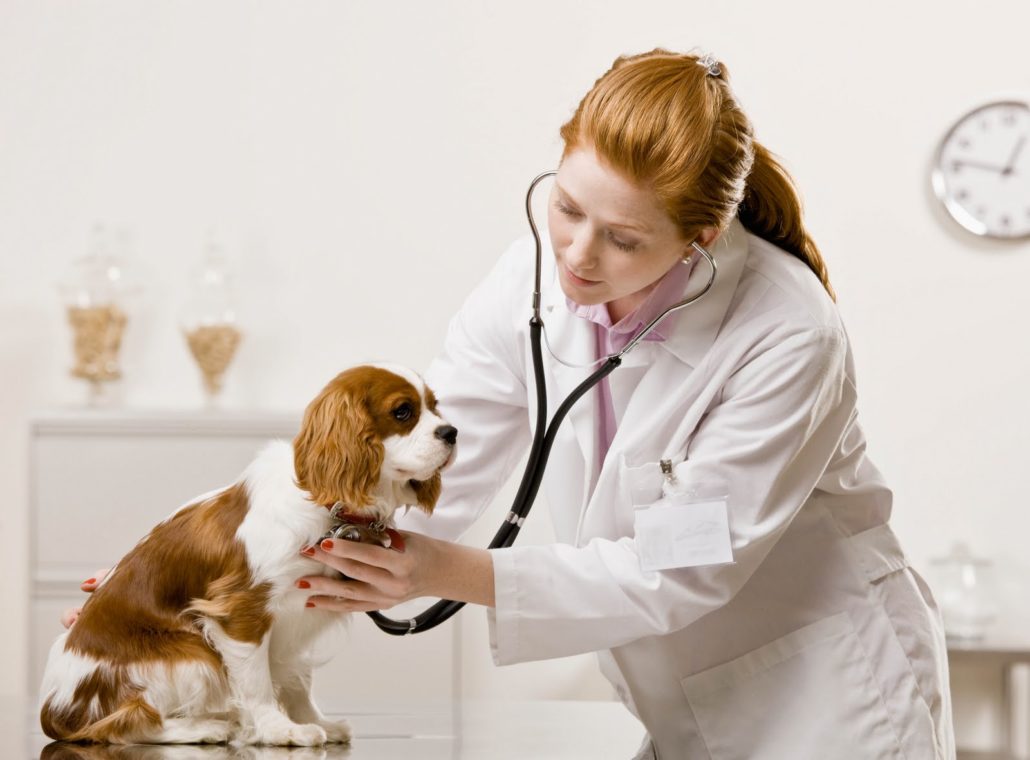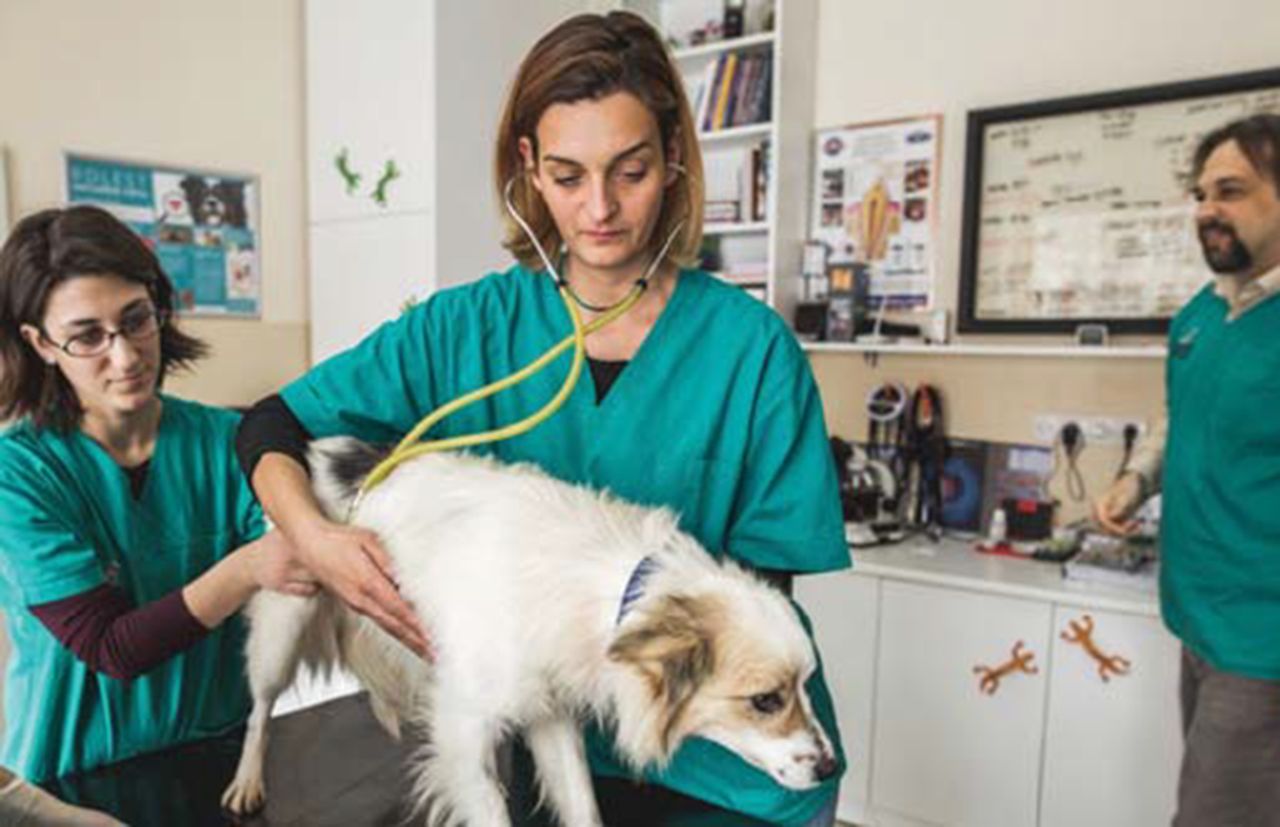Veterinary medicine plays a crucial and multifaceted role in contemporary society, encompassing far more than just the care and treatment of animals. It is an essential field that intersects with human health, ecological balance, food security, and the preservation of biodiversity. As the world becomes more interconnected and as challenges like zoonotic diseases, climate change, and intensive farming systems grow in prominence, the expertise of veterinarians is becoming increasingly indispensable. This article delves into the diverse contributions of veterinary professionals, exploring their essential role not only in animal care but also in human health and environmental sustainability.
The Scope of Veterinary Medicine
Veterinary medicine is often seen through a narrow lens, primarily associated with domestic pets like dogs, cats, and horses. However, the scope of the profession is far broader, encompassing the health and welfare of all animal species, whether wild or domesticated. Veterinary professionals are integral to the care of livestock, wildlife, and even exotic species. Their work extends into public health, environmental conservation, and the food production systems that feed billions of people.
1. Animal Health and Welfare
At the core of veterinary practice is the health and well-being of animals. From routine vaccinations and wellness checks to complex surgeries and disease management, veterinarians provide essential services that ensure animals lead healthy lives. In the case of pets, veterinarians are often the first line of defense against disease outbreaks, ensuring that animals are protected from common illnesses and receiving proper preventive care.
For farm animals, the importance of veterinary care is even more critical, not just for animal welfare but also for the sustainability of agriculture. Veterinarians work to prevent the spread of diseases such as avian flu or foot-and-mouth disease, which can devastate livestock populations and impact food security. By monitoring animal health on farms, veterinarians help maintain the productivity and profitability of agricultural enterprises.
2. Zoonotic Diseases: The Bridge Between Animal and Human Health
One of the most important yet often overlooked roles of veterinary professionals is their work in preventing zoonotic diseases—those that can be transmitted from animals to humans. These diseases pose significant public health risks and include well-known outbreaks such as rabies, avian influenza, and, most recently, COVID-19. Veterinarians are at the forefront of tracking, diagnosing, and managing zoonotic threats, ensuring that they are contained before they can spill over into human populations.
For example, veterinarians monitor the health of wildlife populations for emerging diseases that could impact both animal and human health. The surveillance of diseases in wildlife is particularly crucial as deforestation, habitat fragmentation, and human-wildlife interactions increase the likelihood of new zoonotic diseases emerging. By identifying and controlling these diseases early, veterinarians play a key role in preventing pandemics and protecting global public health.
3. Food Safety and Security
The connection between veterinary care and the global food supply is undeniable. Veterinarians are essential in ensuring the safety of the food we consume, particularly meat, dairy, and eggs. They inspect animals at farms, abattoirs, and processing plants to ensure that food products are free from disease and contamination. This includes performing inspections for pathogens such as Salmonella, E. coli, and tuberculosis, which can compromise food safety and, by extension, human health.
Veterinarians also play a key role in maintaining the health of livestock to ensure a steady and reliable food supply. By managing disease outbreaks, implementing biosecurity measures, and advising farmers on animal husbandry practices, they help maximize food production while minimizing the environmental impact of intensive farming. With the world’s population expected to exceed 9 billion by 2050, the role of veterinarians in food security will only become more critical.
4. Conservation and Biodiversity Preservation
Veterinarians are increasingly involved in conservation efforts aimed at protecting endangered species and preserving biodiversity. Whether working in wildlife reserves, national parks, or rehabilitation centers, veterinarians provide critical care to injured or sick animals and help manage breeding programs for endangered species. Their expertise in animal health ensures that these species have the best possible chance of survival, both in captivity and in the wild.
Moreover, veterinarians contribute to the study and monitoring of ecosystems. By conducting health assessments of wildlife populations, veterinarians help researchers understand the impacts of environmental change, disease outbreaks, and human activities on biodiversity. This data is vital for the development of effective conservation strategies and for ensuring that ecosystems continue to function properly.
The Evolving Role of Veterinarians in a Changing World
Veterinary medicine has evolved significantly over the years, with advancements in technology, research, and treatment options. However, the profession faces numerous challenges as it adapts to a rapidly changing world. Some of the key areas in which veterinarians are making strides include:
-
Telemedicine and Digital Health: The rise of telemedicine has transformed veterinary practice, enabling veterinarians to diagnose and treat animals remotely. This is particularly beneficial in rural areas or for animals that are difficult to transport to a clinic. Through digital tools, veterinarians can provide consultations, monitor chronic conditions, and follow up on treatments.
-
Antimicrobial Resistance (AMR): Overuse of antibiotics in both humans and animals has led to the emergence of antimicrobial resistance, a growing global health threat. Veterinarians play a pivotal role in managing and preventing AMR through responsible prescribing practices and advocating for policies that limit the unnecessary use of antibiotics in agriculture.
-
Climate Change: Veterinarians are also being called upon to address the impacts of climate change on animal health. As changing weather patterns and rising temperatures affect the distribution of diseases and pests, veterinarians are working to monitor and manage new health risks for both domestic and wild animals.
The Future of Veterinary Medicine
The future of veterinary medicine looks promising, but also complex. As society continues to grapple with emerging diseases, environmental challenges, and ethical concerns surrounding animal welfare, the demand for skilled veterinarians will only grow. Education and training in the field will need to adapt to these evolving needs, ensuring that veterinary professionals are equipped to tackle the challenges of tomorrow.
Veterinarians will continue to serve as essential advocates for both animal health and public safety, working at the intersection of medicine, agriculture, and environmental conservation. As we move forward, their role will be integral to building a healthier, more sustainable world for all species, human and animal alike.
Conclusion
Veterinary medicine is not just about treating pets; it is a dynamic and multifaceted profession that plays an indispensable role in the well-being of animals, humans, and the planet. From combating zoonotic diseases to ensuring food security and preserving biodiversity, veterinarians are key to maintaining a balanced and healthy ecosystem. As global challenges evolve, so too will the role of veterinary professionals, underscoring their importance in safeguarding our world for future generations.







